Circular Economy in the South West – Workshop & Networking Event Roundup
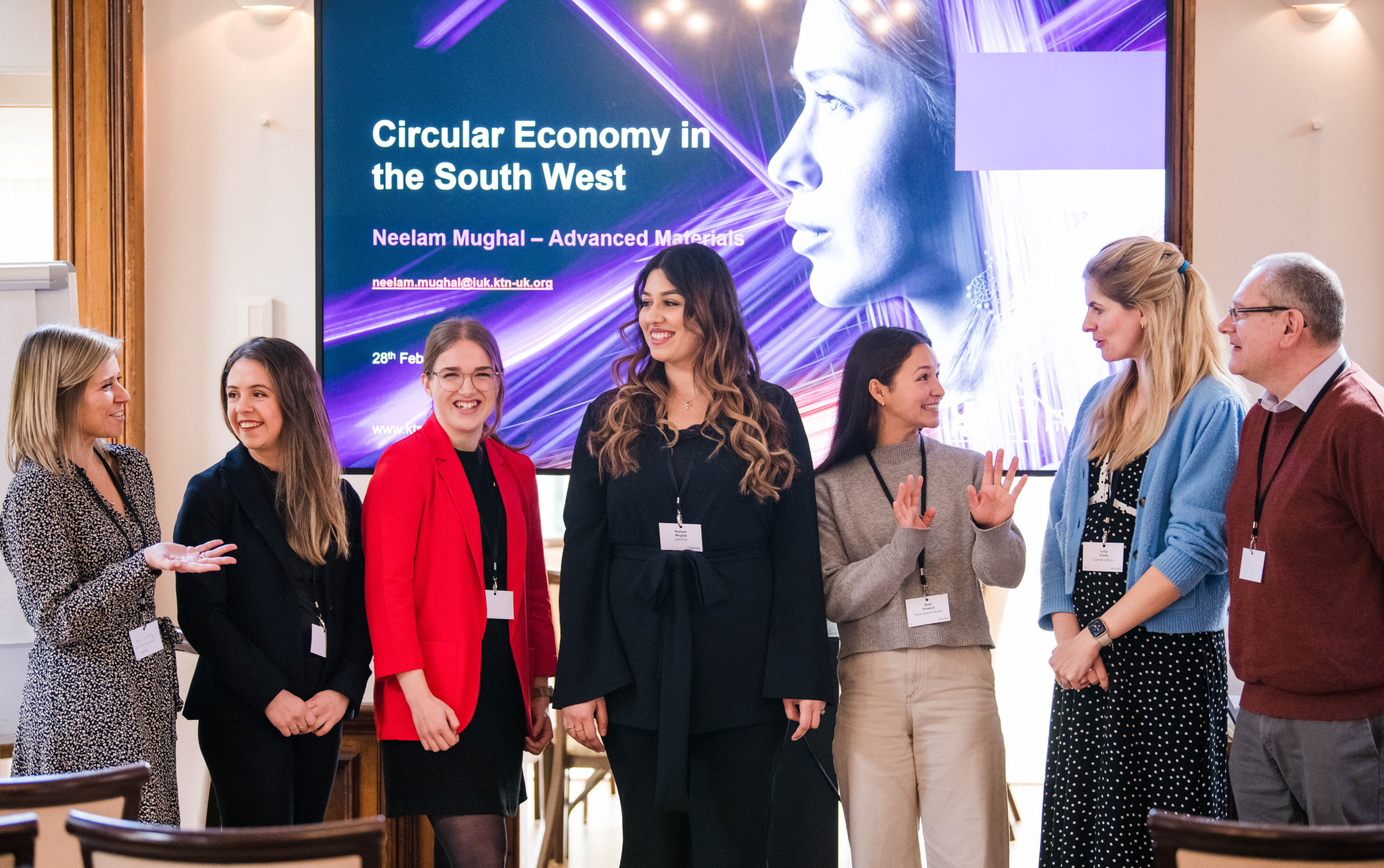
On 28th February 2023, Women Innovators in Foundation Industries (WINFI) held its first in-person event in collaboration with the UKRI Circular Economy Hub at the University of Exeter.
The aims of this event were to:
- Educate attendees on circular economy principles and practice for the foundation industries
- Bring together materials sector businesses implementing circular economy with early career researchers
- Inspire businesses and the next generation of circular economy enablers through interactive workshops.
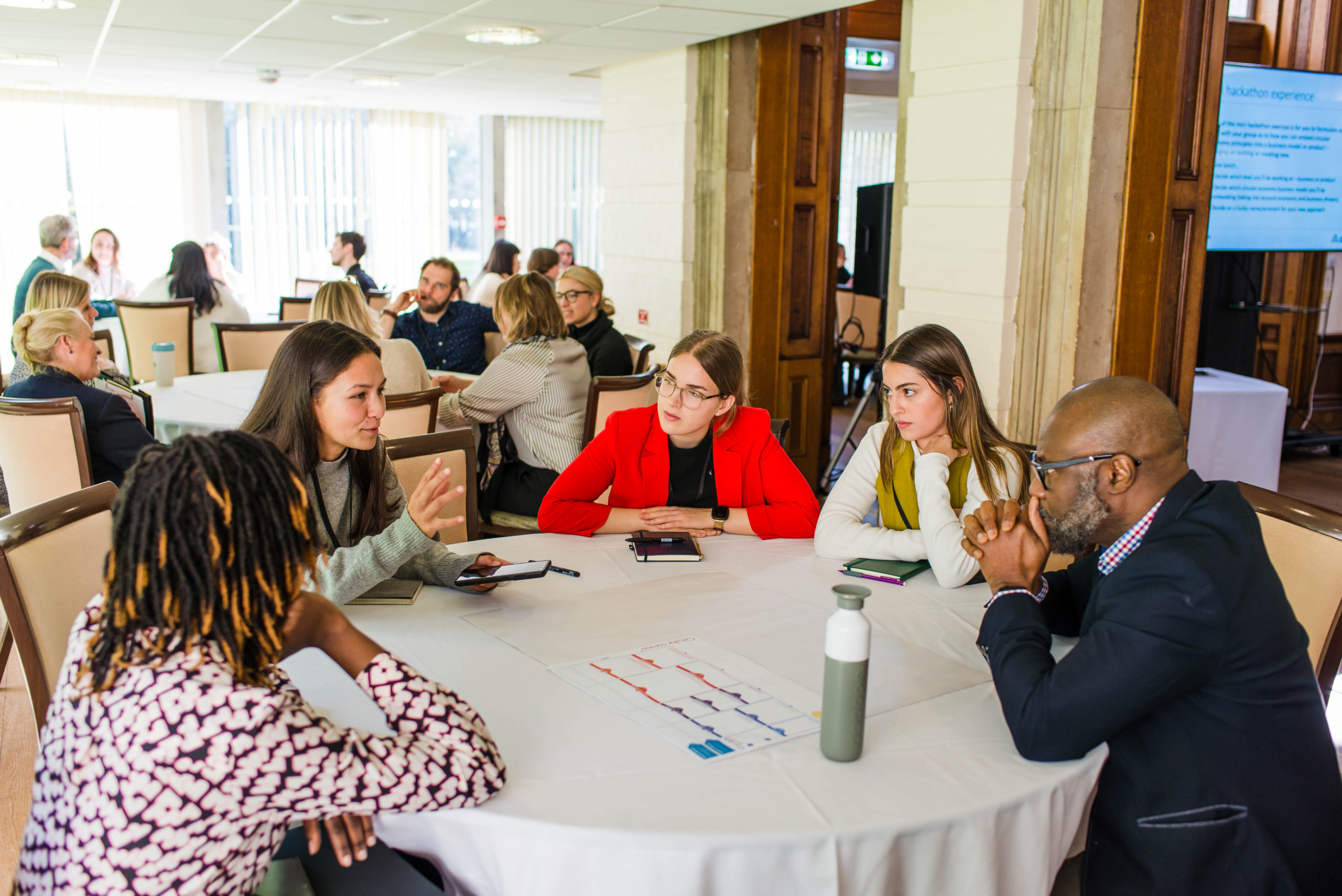
Bruce Adderley, Challenge Director for the Transforming Foundation Industries Challenge, reminded the audience that on average 75% of the materials anybody sees when they look around them will have been made by one of the six sectors: cement, metals, glass, paper, ceramics and chemicals. Resource and energy efficiency will have an increasingly important part to play in the UK’s drive to Net Zero, as well as scaling up innovative technologies and processes to support significant decarbonisation of these industries in a commercially sustainable manner.
Professor Fiona Charnley, co-director of both the Exeter Centre for Circular Economy and the UKRI Circular Economy Hub (CE-Hub) reiterated that circular economy requires systems change and how important it is to consolidate activities across different resource streams. The CE-Hub also looks to integrate other cross-cutting themes as enablers for circularity such as policy, data, design, business models and equality and diversity, which are important considerations for businesses in any sector.
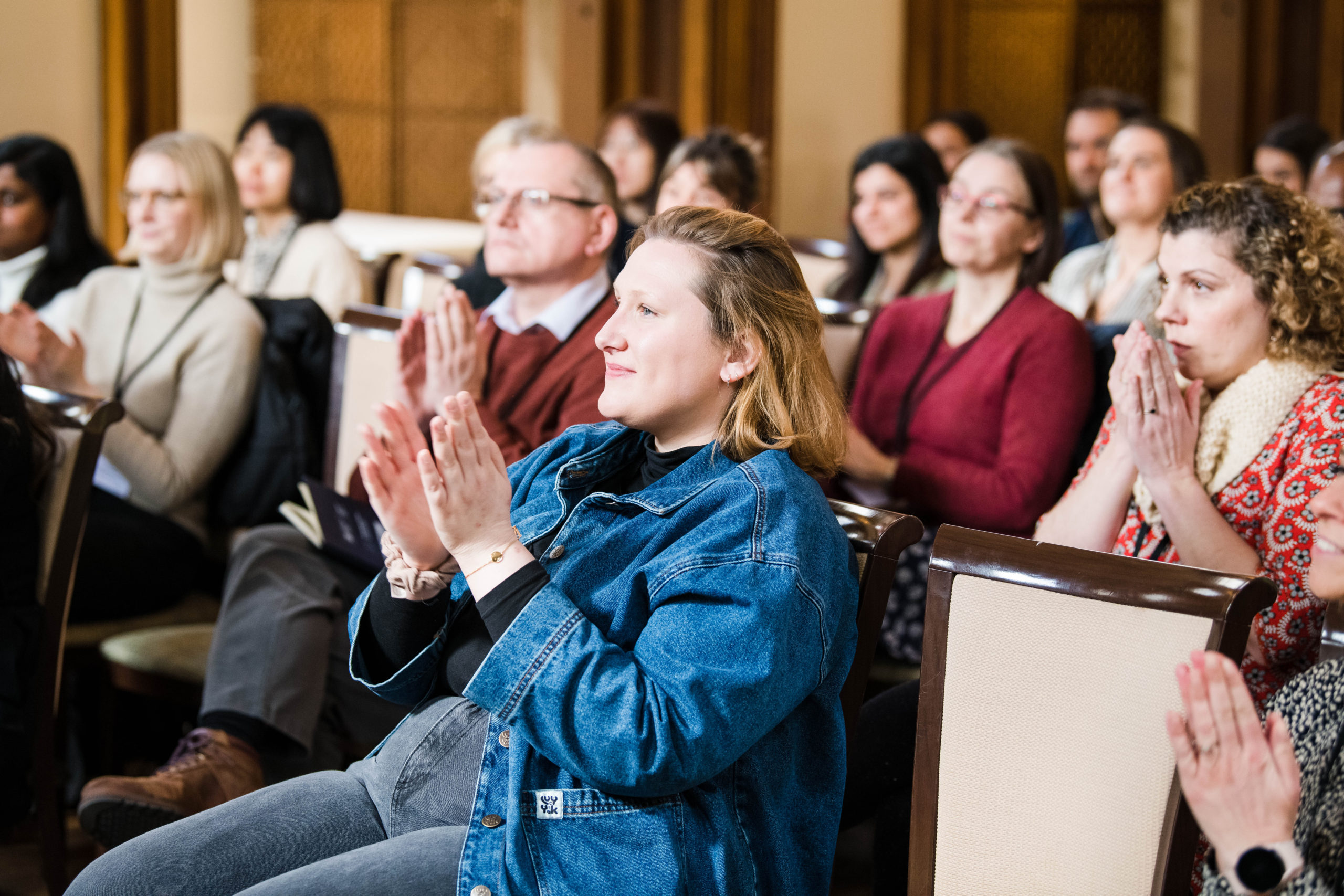
Adopting circular materials management is key, as this creates and retains more value from less material and for longer, whilst closing the loop. Sophie Jackson, Head of Circular Economy Strategy at Circular&Co highlighted that circular materials management cannot be achieved without partners and cross-sector collaboration. Circular&Co uses beach waste material (fishing nets, fishing gear, marine plastics) collected from partners such as Exeter City Council and Odyssey Innovation, before being processed and manufactured in Cornwall into reusable coffee cups.
“Everything we use is either grown or mined,” observed Lucy Crane, ESG & Sustainability Manager at Cornish Lithium. Lucy focussed on resource efficiency and environmental impact of the primary extraction industries. For the next few decades, primary mineral extraction is going to play a crucial role for the energy transition, so it’s really important that we are having these conversations now about how we can do it better. An onshore wind plant requires 9 times more mineral resources than a gas fired power plant to create the same amount of energy. Electric vehicles have 6 times the mineral inputs of a traditional combustion engine car, and so we are needing more and more of the periodic table to actually build these low carbon technologies. Read about Cornish Lithium’s TFI funded project here.
Sara Howard, Ceramicist and designer of Circular Ceramics, highlighted how ubiquitous the use of ceramics is in key industries such as transport, space and energy. A 2020 graduate of ceramics design, Sara inspired the audience with her approach to designing sustainable materials. Sara worked with manufacturing sites for the glass, stone, metals and construction industries, who all use similar virgin raw materials, to map their waste streams and identify what was going to landfill. Sara is now implementing industrial symbiosis at an industrial scale with Kevala Ceramics, an Indonesian mass manufacturing partner. Sara is keen to share her open-source methods as widely as possible; learn more about Sara’s methods of sourcing, processing and substituting waste materials into ceramics production here.
Sonja Peacock, Sustainability Specialist at DS Smith, shared her passion and enthusiasm for sustainable choices and reminded us that as consumers, we should all be critical about what big brands are doing. Sonja highlighted that increasing reuse of packaging is very challenging for the paper industry and shared DS Smith’s Now and Next Sustainability Strategy to address circularity for paper and packaging. Some of the company’s key circular economy principles include closing the loop through better design (e.g. shape of packaging for more efficient transportation), and protecting natural resources by making the most of every fibre (DS Smith’s packaging fibres can be reused 25 times). You can read case studies showing national and international impact here.
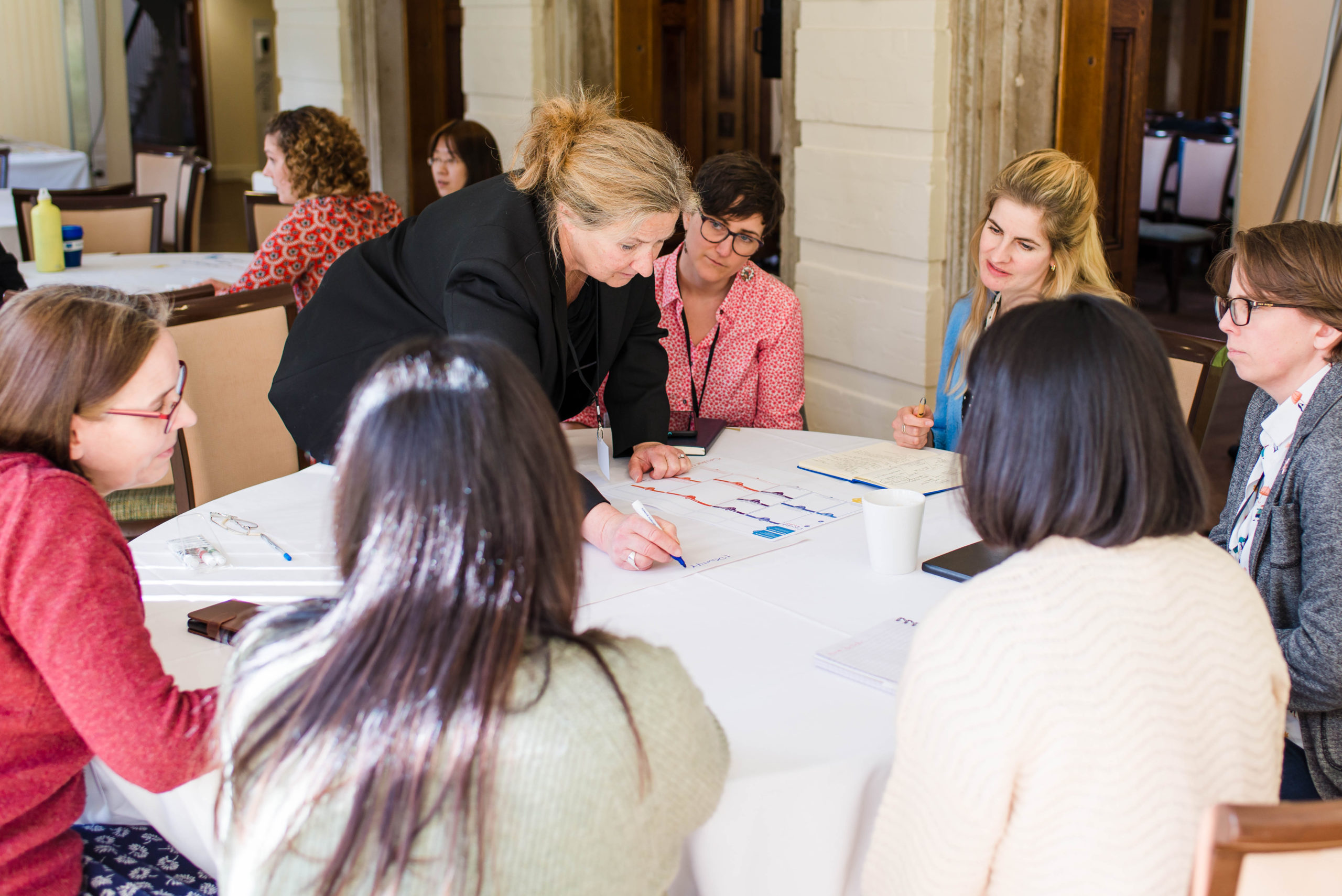
Event workshops
The first workshop was a mini-Hackathon designed and facilitated by Debbie Ward (Cirklo Consult) and Clare Ollerenshaw (Accelar). The workshop focused on the role of different circular economy strategies and business models in reducing emissions, but to be conscious of other sustainability factors such as overconsumption, biodiversity and water scarcity for example. Attendees split into teams to formulate an idea to embed circular economy principles into a new business model to improve a current product or create a new one.
The final workshop was led by Dr Halid Abu-Bakr and Dr Zaneta Muranko of the UKRI Circular Economy Hub (CE-Hub) who provided an insight into the principles of roadmapping to create a circular economy strategy. They highlighted the 3 main layers of a circular economy roadmap: drivers, actions and measurement.
Feeling inspired? Watch the presentations back here.
Key takeaways
Some key takeaways from the event included:
- The foundation and mining industries are often overlooked as they are incorrectly perceived as not being innovative industries, however they form a strategically significant part of the UK’s manufacturing supply chain. We need to change the image of these industries to attract the next generation of workforce who care about the environment and want to make a positive impact in these fundamental industries.
- Skills and education are key to enabling transitions to circular business models, not just technical expertise for the material or product, but also expertise to consider the social, financial and regional impacts.
- The circular economy cannot be realised by any one individual or business. Cross-sector collaboration and strategic partnerships are vital to making a difference at scale for materials and manufacturing industries.
Stay connected to Women innovators in Foundation Industries through our workshop series.
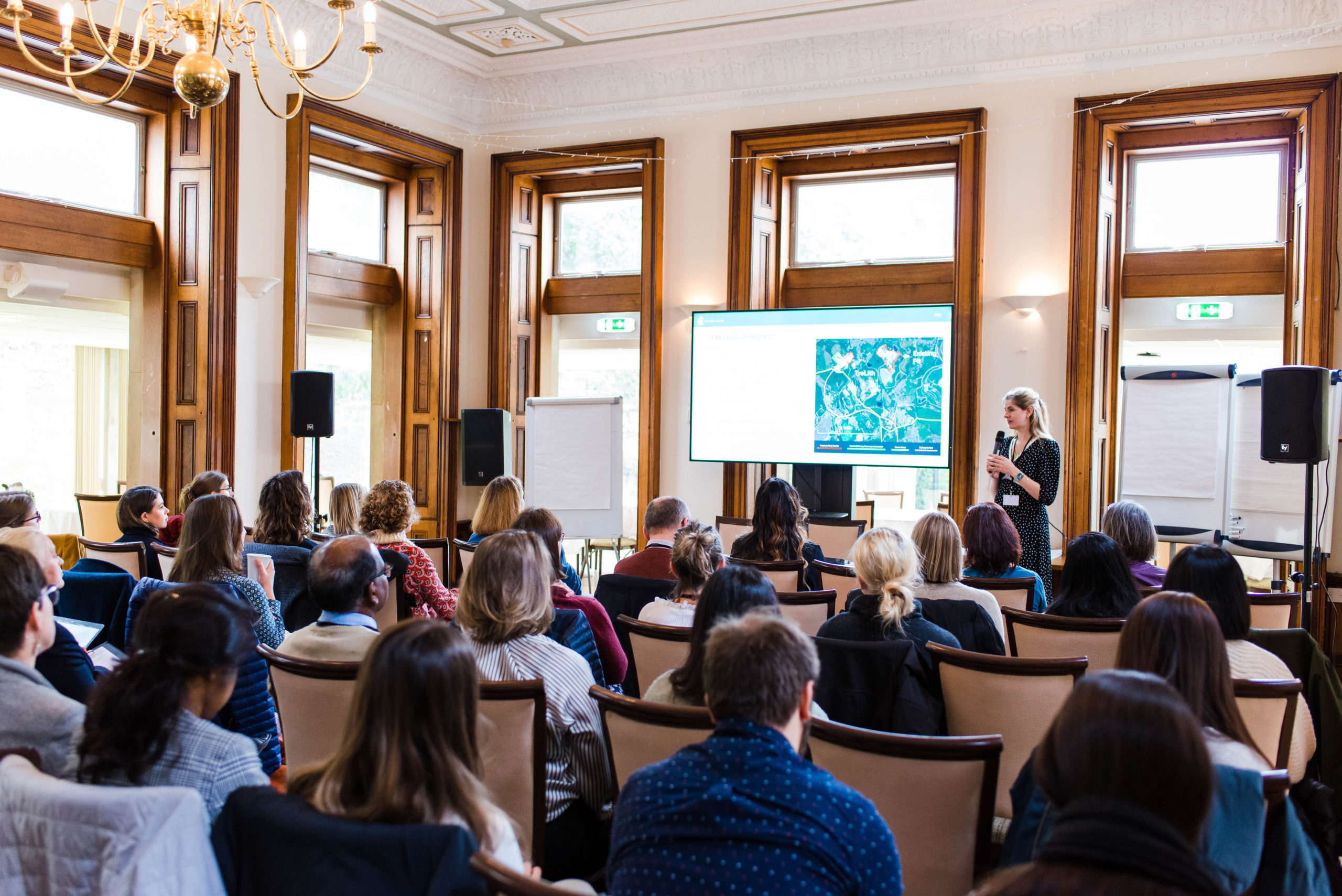
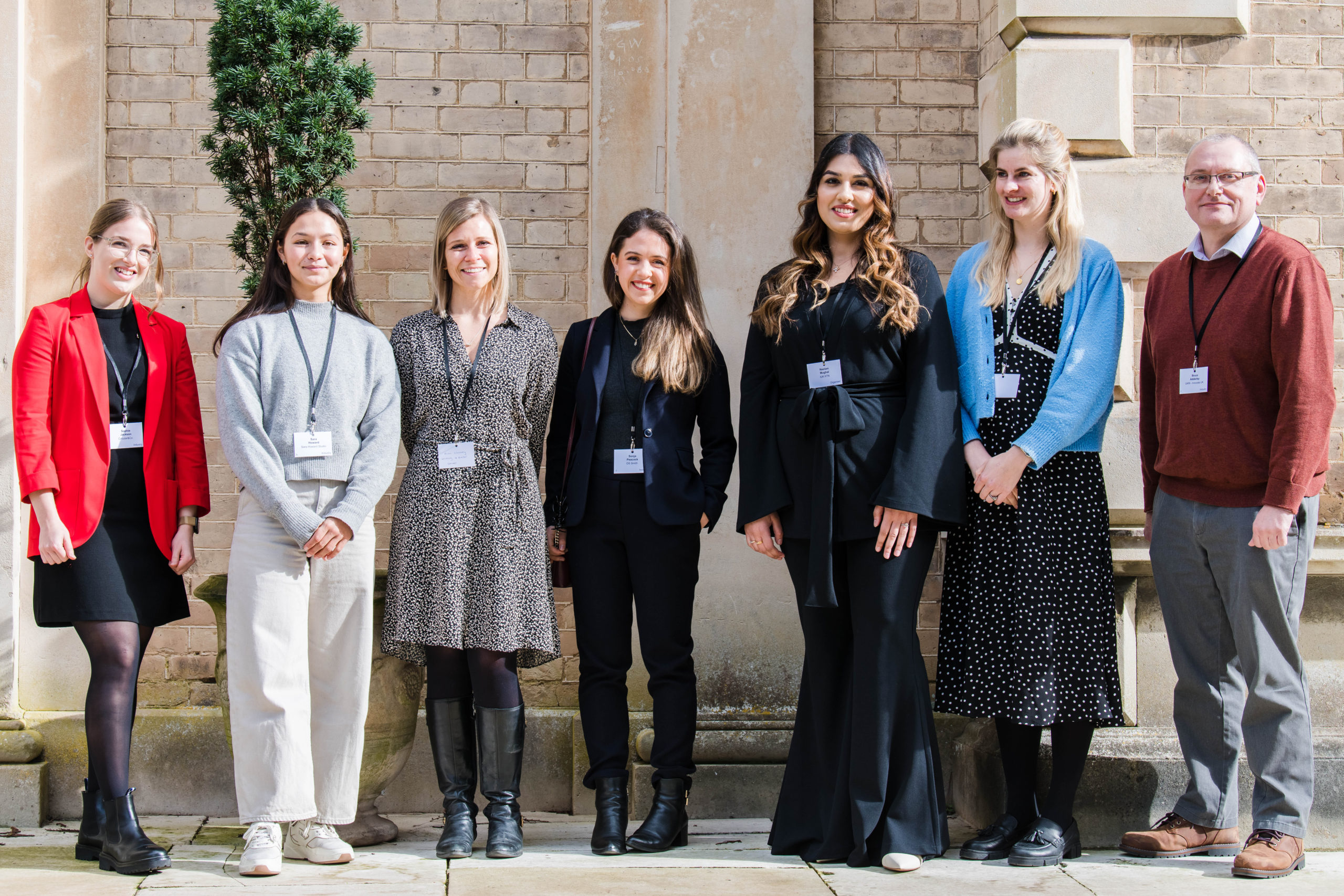
Related programmes
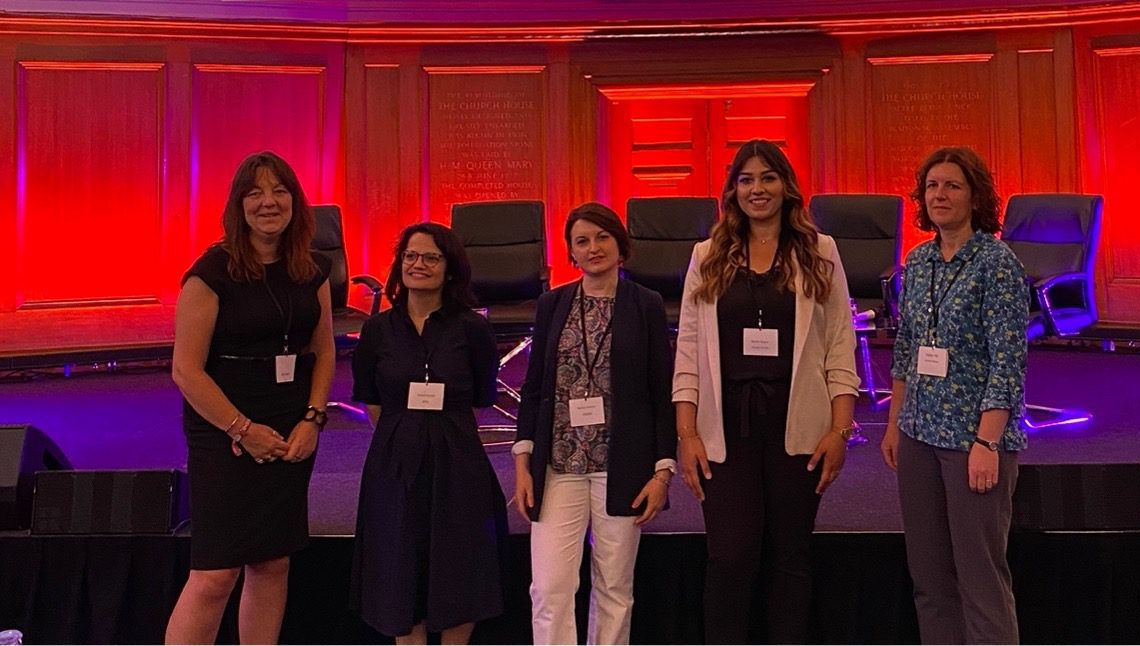
Women Innovators in the Foundation Industries (WINFI)
On International Women in Engineering Day 2022, the Innovate UK Business Connect Materials Team and the Transforming Foundation Industries Challenge launched the Women Innovators in Foundation Industries (WINFI) programme.

Women in Innovation
Enabling brilliant women across the UK to fully achieve their vision for their businesses and change the world, while championing and celebrating gender diversity throughout UK innovation.


